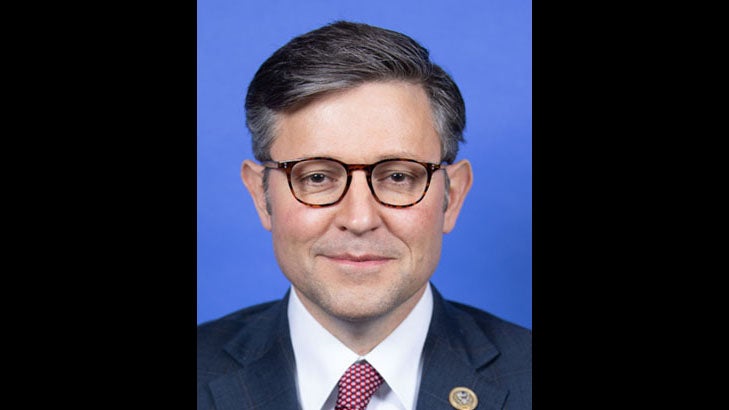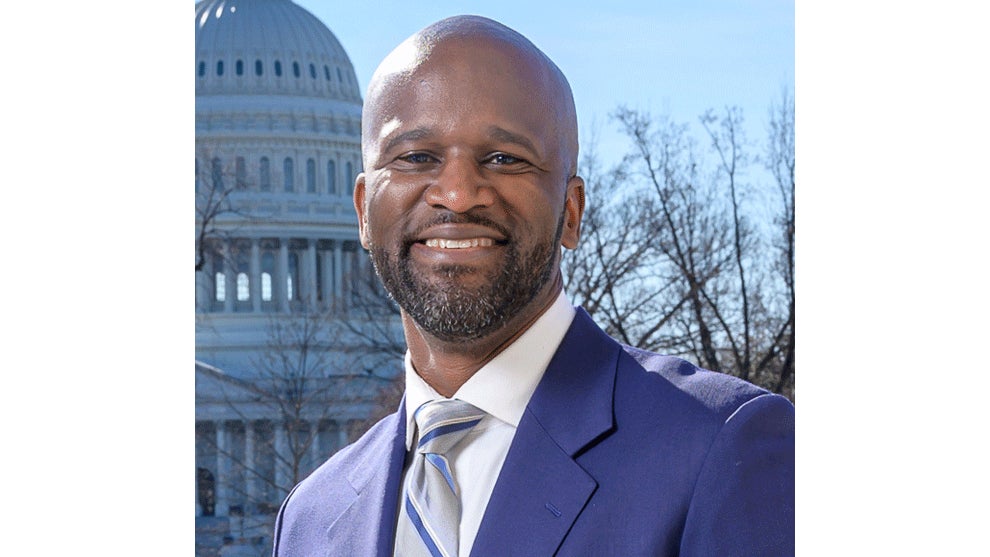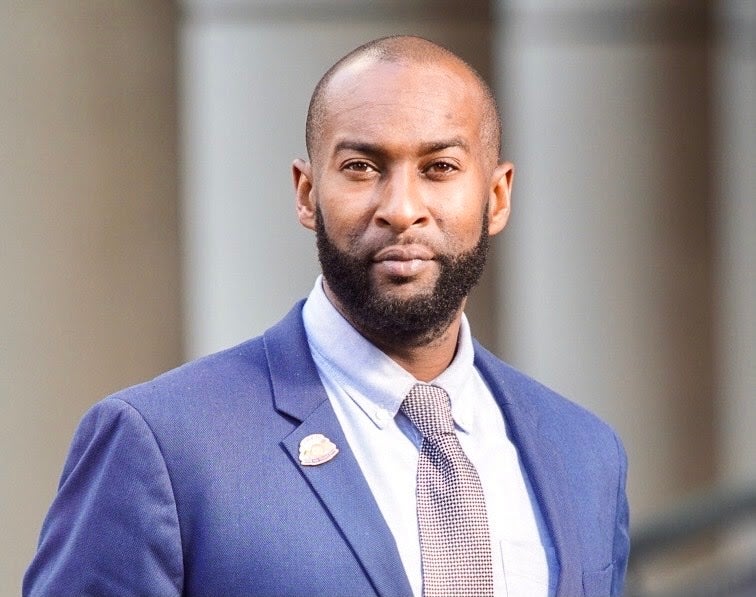Heroin survivor says she is proof there is ‘hope for everyone’
Published 2:35 pm Sunday, June 3, 2018
BLUE MOUNTAIN, Miss. (AP) — Six years ago, Roxanne Holt spent her evenings at the ballpark with her two sons and her husband.
Her scenery changed quickly.
After the sudden death of her husband, an introduction to heroin and the resurgence of a long-standing addiction to alcohol, Holt said she was actively dying, weighing only 110 pounds.
“I didn’t know what to do. So I started using to distract myself,” Holt, 36 said.
Her skin was gray because of her organs failing, her hair was falling out, she had an ulcer covering the majority of her stomach and she was nearly out of options.
The introduction of heroin only complicated matters for Holt’s road to recovery.
“I’m not the typical opioid addict,” she said. “I didn’t progress to heroin. It was introduced to me early on and it went from there. For the next two years, I was an IV heroin addict. By the time I got to treatment, I was almost dead. I went to a program that was a nonprofit because I had no money and no health insurance. I went there six months, and it saved my life.”
That’s when she entered rehab — a far cry from where her life began.
“For all intents and purposes, I had a pretty normal childhood,” she said. “Sports kept me from getting into too much trouble because I knew if I messed up, I wouldn’t get to play. I started drinking heavily on the weekends and in college. I always thought I was doing what anybody my age did and that I didn’t have a problem.”
Holt’s journey only encountered more twists and turns after she was physically and mentally abused in a later relationship.
“He was very abusive. Drugs and alcohol were involved,” she said. “It got really violent really quick. It escalated with me in a hospital, him in prison and me with PTSD.”
It’s been a long road for Holt since then, but ultimately rehab led her to Northeast Mississippi and a new role in helping women in similar situations in which she found herself.
Working as a discharge coordinator at Lifecore Health Group’s chemical dependency center, Holt is now a certified drug and alcohol counselor.
“I started to give back and help other people because I knew if someone hadn’t done that for me, I’d be dead today,” she said.
As a result, all roads led to Holt writing and self-publishing a book about her own story, struggles and survival.
“Beautiful Scars of Hope: A Woman’s Perspective on Her Journey of Recovery” and the accompanying workbook are, according to Holt, her outlet and driving force in helping others.
She’s started a charity called The Penny Project, along with her fiancé, to help raise money for women who find themselves in a situation similar to Holt’s during the bleakest part of her life — when help is needed but the means to achieve it aren’t always there.
“The proceeds of the book go to fund the charity itself,” Holt said. “It’s an effort to help others with aid in treatment and those who don’t have financial support or health insurance. They desperately need it.”
Holt said addiction and abuse are terrifying factors that impact people in all walks of life, but that assistance should be offered to all.
“It’s a hopeless feeling. But there’s hope for everyone to get better,” Holt said, “no matter what you use or how you use it.”
___
Information from: Northeast Mississippi Daily Journal, http://djournal.com





